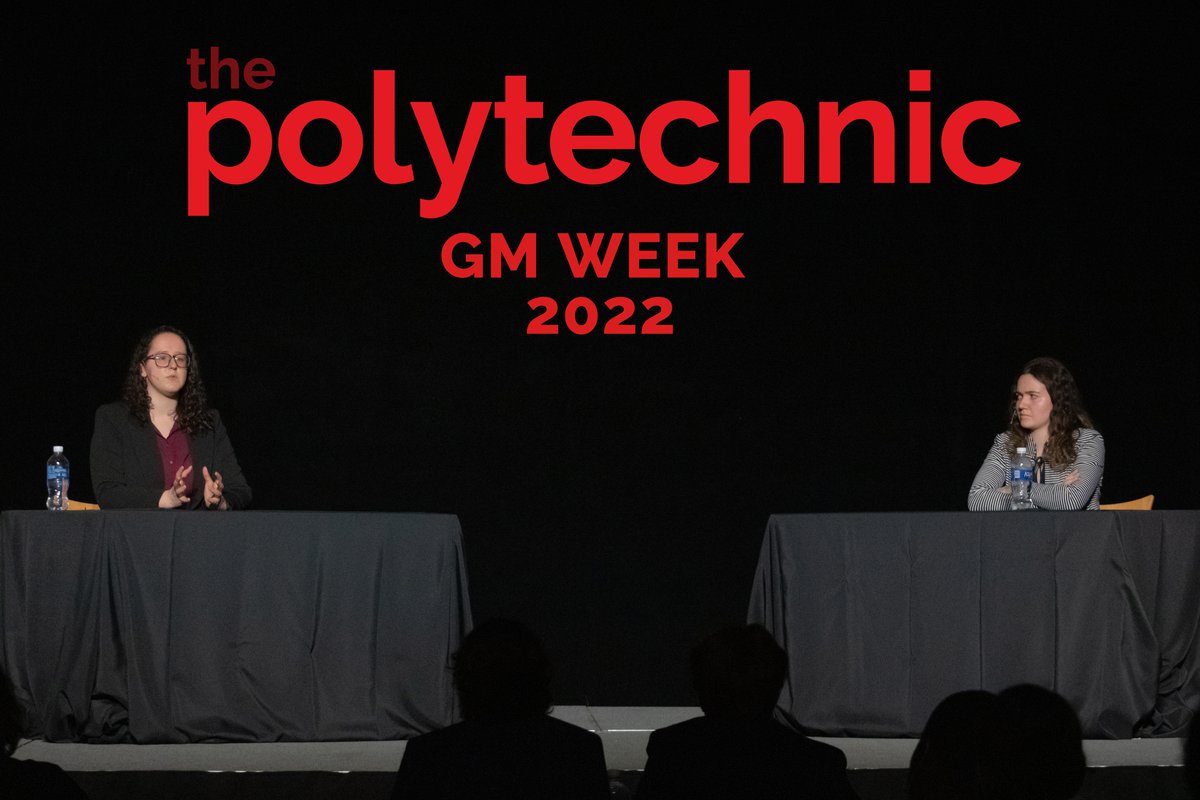Girls Who Code, Bitcoin club become Union-recognized
The Union Executive Board unanimously approved Girls Who Code and the Cryptocurrency & Bitcoin Technology Club as Union-recognized clubs. A motion to purchase and install two automated external defibrillators on campus passed unanimously. During business, the Executive Board also approved changes to the Rensselaer Union Guidelines and Procedures.
Cryptocurrency & Bitcoin Technology Club is an interest group that focuses on cryptocurrencies and blockchain technologies. During the meeting, club founder Jacob Weber ’24 introduced the club as “controversial,” providing long discussions with the Club Operations committee as an example. Weber emphasized that the club does not practice cryptocurrency trading or give financial advice. Instead, the club will hold workshops and lectures related to blockchain technologies.
Weber mentioned that the club will be accepting monetary donations from a “program reward system.” The system, described as a “perpetual fundraiser,” will raise money by having members voluntarily mine cryptocurrencies and sending the revenue to the club’s wallet.
Mining is a way to accumulate cryptocurrency by validating other people’s transactions. A wallet is a way to securely store cryptocurrencies, similar to storing money in a bank account. Weber then stressed that none of the funds in the wallet will be converted into U.S. dollars; the funds will strictly be used for demonstrations that require some form of payment. After the presentation, Vice President for Club Relations Oleksiy Golub ’22 advised the club to follow power consumption policies at the Institute, since mining for cryptocurrency is often a power draining task.
As the Executive Board prepared for deliberations, Vice President for Rules and Special Projects Matt Zapken ’22 noted that the Finance section in the club constitution was removed. Club Operations Committee chairperson Natalia Lago ’24 responded that there were multiple versions of the constitution in the student government Google Drive, and the one currently being studied may not be the most recent. The newest version of the constitution did include a Finance section.
In response to the Finance section being removed, Lago noted that Cameron McLean, the Director of Student Activities, did not want club funds to be transformed into cryptocurrencies. “[The club] having any finances is a liability,” Lago said. However, President of the Union Yaseen Mahmoud ’22 reminded the Board that if the Cryptocurrency & Bitcoin Technology Club becomes Union-recognized, they could theoretically be funded and receive a budget regardless of how the Union wanted the club to operate.
In response to Zapken, Mahmoud then proposed a solution: if the club became Union-affiliated instead of Union-recognized, they would not receive a budget. Therefore, the Union did not have to worry about financial liabilities. But Lago opposed this idea. “They want recognition,” she said.
Mahmoud countered by saying affiliation and recognition were the “same thing.” However, according to Chapter 2 of the Rensselaer Union Guidelines and Procedures, Union-recognized clubs have the ability to request funding, while Union-affiliated clubs cannot.
Zapken moved to amend the motion to designate the club as “Union-affiliated” instead of “Union-recognized.” Zapken’s reasoning was similar to Mahmoud’s, in that affiliation and recognition had little difference between the two. For example, one difference was that affiliated clubs have lower priority in reserving a club space than a recognized club. Graduate Council Liaison Donovan Weiblen questioned the merits of the motion, arguing that the club did not attend the meeting for affiliation status. Lago then proposed a second solution, which was to add the Finance section back to the club’s constitution. The motion to amend failed by an overwhelming majority.
Deliberations returned to the original proposal for Union-recognition. Class of 2025 representative Ibrahim Ali ’25 felt unsure if the Union should support mining, which was a crucial part of the club’s donation system. Ali argued that mining was environmentally destructive and consumed a “stupid amount of power.” In response, Class of 2022 representative Conner Whitlock ’22 reminded members of the Board that the club relied on mined cryptocurrencies in order for them to hold workshops and demonstrations. Lago added that the demos did not require that much currency in general, so the environmental impact would be minimal. The motion to recognize Cryptocurrency & Bitcoin Technology Club as a Union-recognized club passed 16–0–0.
Girls Who Code, a non-profit organization that works to close the gender gap in STEM seeks Union-recognition in order to expand their member base. The club also plans to hold hack-a-thons, study jams, and professional events. The motion to designate Girls Who Code as a Union-recognized club passed 16–0–0.
On behalf of the Business Operations Committee, Anderson and Mahmoud proposed a purchase of two automated external defibrillators, two wall-mount cases for the AEDs, and appropriate signage for a total of $4,400. The defibrillators will be installed and maintained by Public Safety. During the presentation, Anderson mentioned that two people had cardiac arrests at RPI within the past year. The motion passed 16-0-0.
After proposals, Zapken presented changes to the Rensselaer Union Guidelines and Procedures. Some of the changes include giving clubs the ability to display signage on the Union TVs, exempting the Business Operations committee and the Union administrative office from the signage policy for content related to health and safety, and removing the Executive Board bylaws in the appendix. The motion to approve these amendments passed 16–0–0. A second motion, which sought to restrict content on the Rensselaer Community and Events board to events that happen on a specific day of the week, also passed unanimously.
Correction: The article previously stated that the RUGP amendment applied to RPI's administrative division. The Polytechnic regrets this error.

 GM Week 2022
GM Week 2022